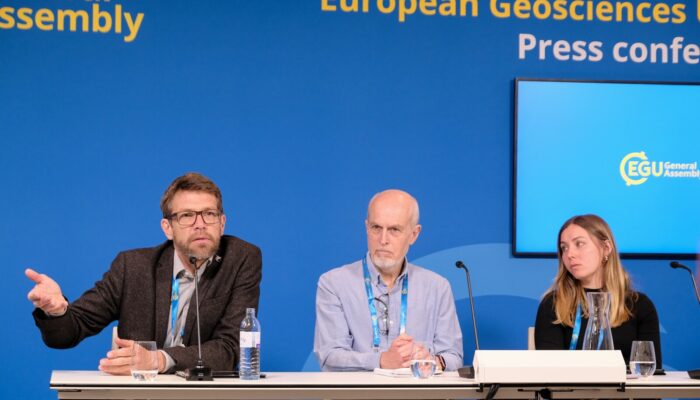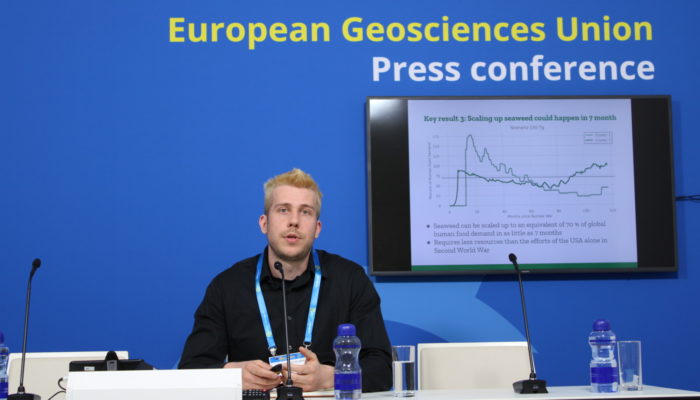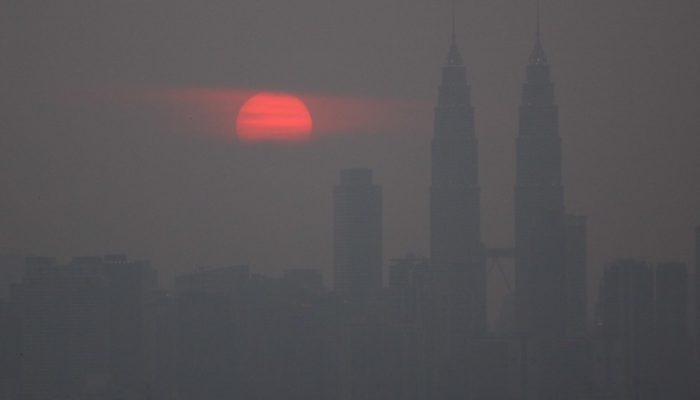Findings supporting the urgency of climate change are coming ever-so-fast. Yet, so it seems that various economic, political, and ideological groups are stepping up their denial game. The complexity of the current state was reflected during the EGU25 press conference “Hot takes & policy quakes: When geoscience meets social science.” The speakers, Florian Ulrich Jehn [a], Chris Smit ...[Read More]
Beyond the blame game: Bridging Climate science and policy Action




